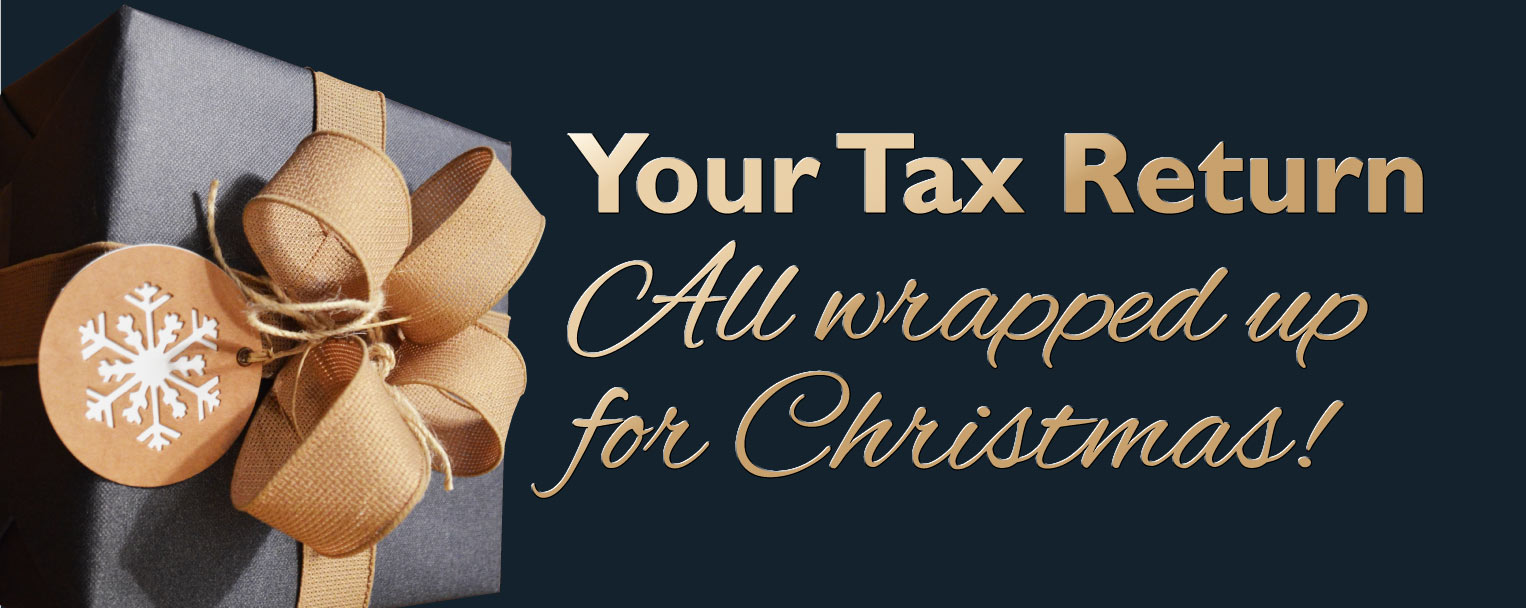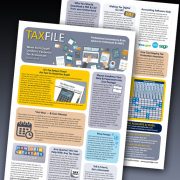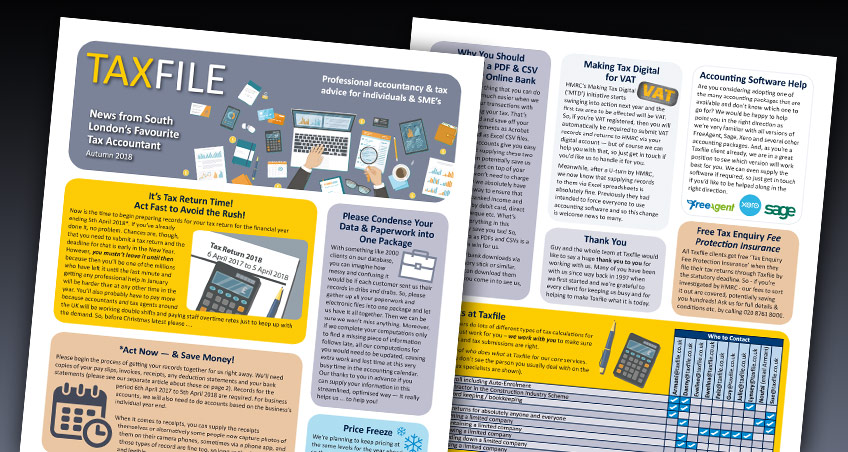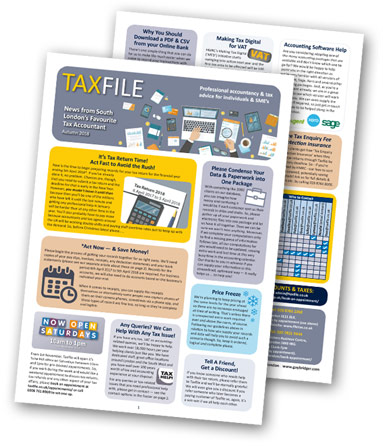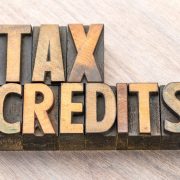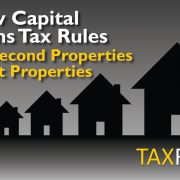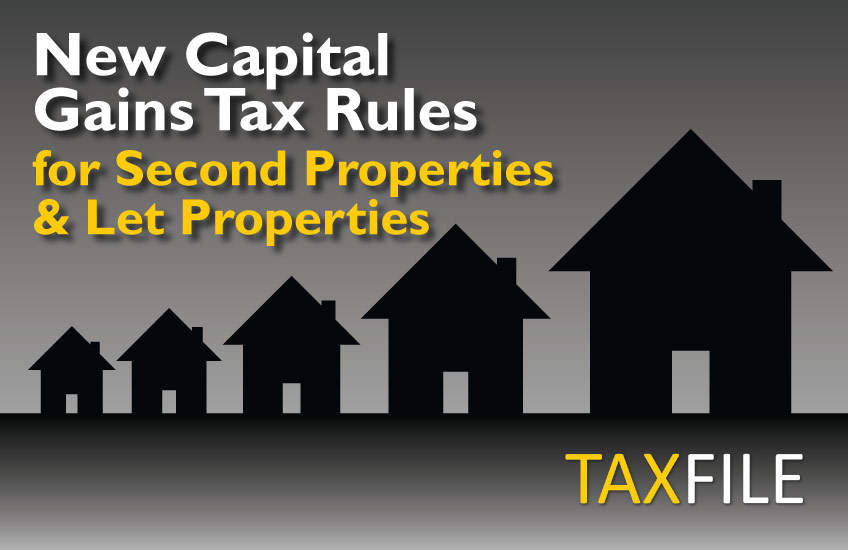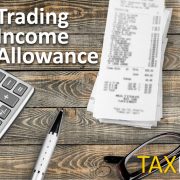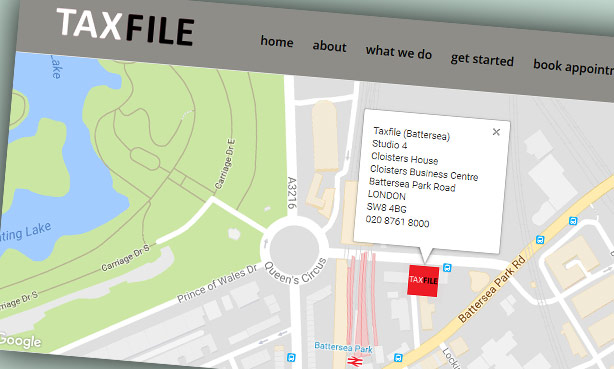
If you’re claiming tax credits and haven’t yet renewed, then you’d be wise to pay very close attention to the following …
Don’t Miss Out
Tax Credits are payments made to eligible people with children and/or very low incomes. Examples include Tax Credits and Child Tax Credits and the payments are made by the UK Government. However, the scheme rules are complex and part of that includes a strict renewal process, with a built-in deadline.
Renewal Deadline
Alarmingly, even if you are already claiming tax credits, there’s a high likelihood that your payments will cease completely unless you take proactive steps to renew your claim to them by 31st July* 2018 — that’s just a few days away at time of writing, so there is no time to lose.
* If your renewal pack states a different deadline, then that applies instead of 31st July in your case.
How to Renew Tax Credits
If you are claiming tax credits, you will be sent a renewal pack.
If your renewal pack has a red line across the first page, then you will need to send a reply.
Note that you can only renew your claim once you have received your renewal pack. Having received the pack, you should then ideally renew your tax credits online although see below for other options.
Automatic Renewal
If your form shows the code ‘TC 603 R’, you do not need to send a reply and your tax credits will be renewed automatically. However, you must make sure that you check the form carefully in case any of your details are incorrect. Should you fail to report any errors or to confirm any changes in your circumstances, your tax credits could stop or you could receive a fine. You can report errors and changes in circumstances using the Tax Credits Online Service.
Online Renewals
Renewing online is HMRC’s preferred method of renewal, via the Gov.UK website.
Telephone Renewals
To renew your claim to tax credits via telephone, simply contact the Tax Credit Helpline on 0345 300 3900 or textphone: 0345 300 3909.
Postal Renewals
You can also renew your tax credits claim by post. Send your claim to: Comben House, Farriers Way, Netherton L75 1AX. Make sure that your renewal claim arrives by 31 July and we also recommend sending by recorded delivery so you have some proof of the arrival date.
What Next?
You should hear back from HMRC within Read more




